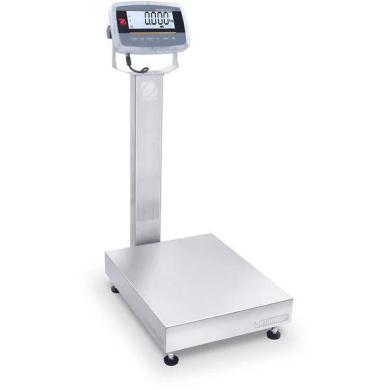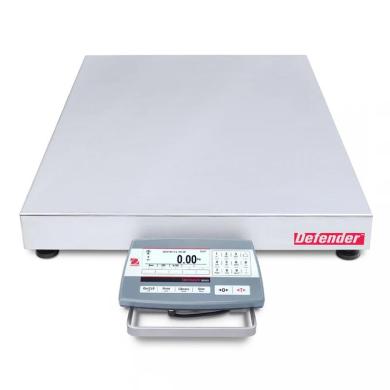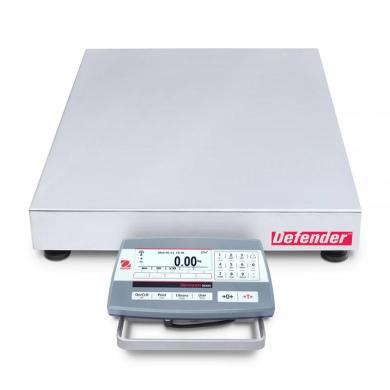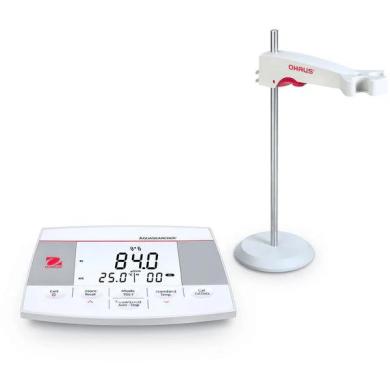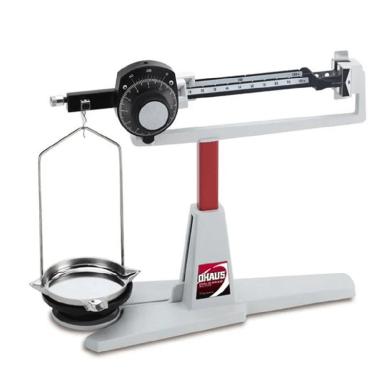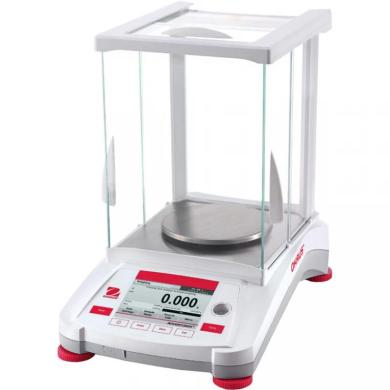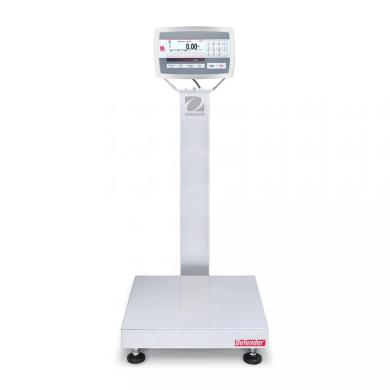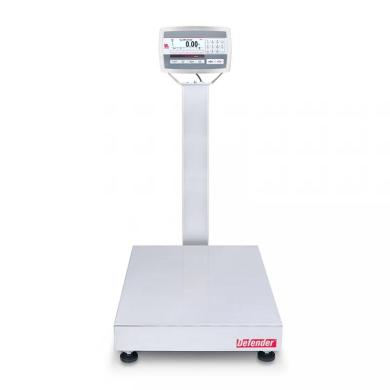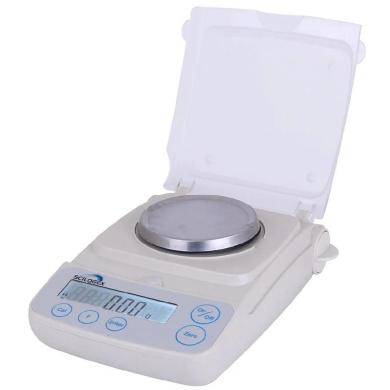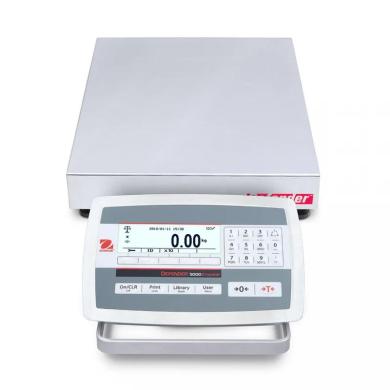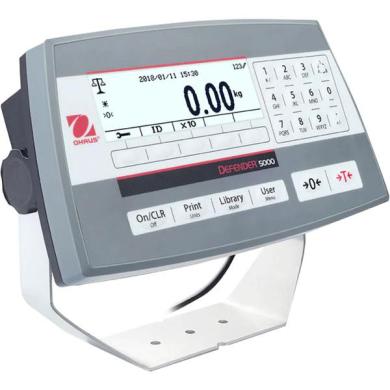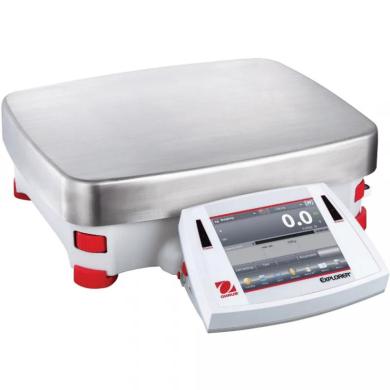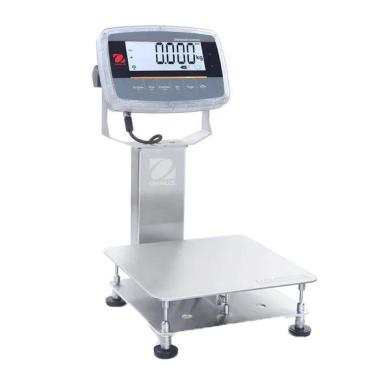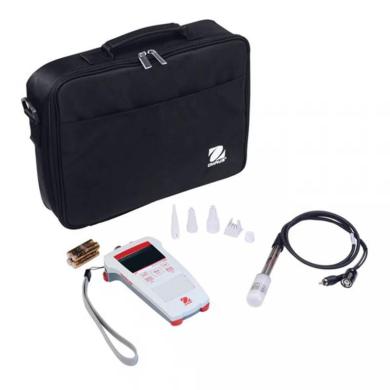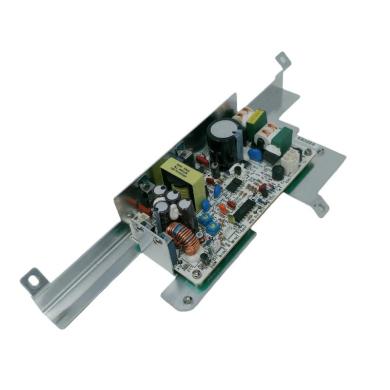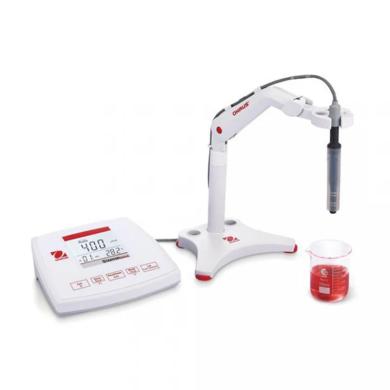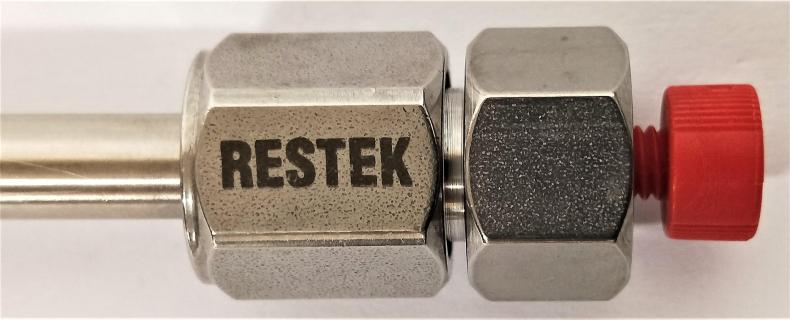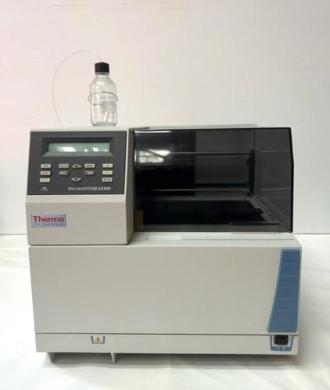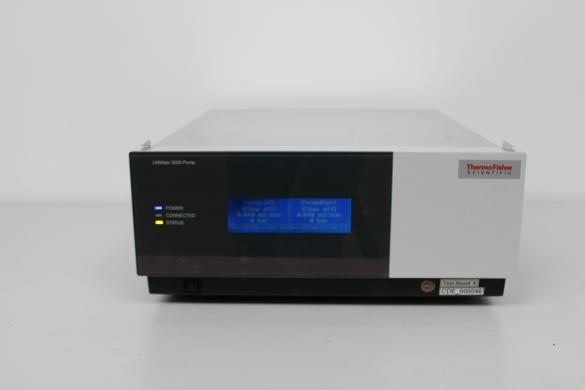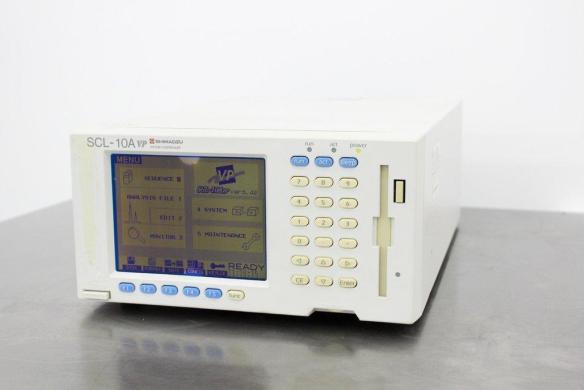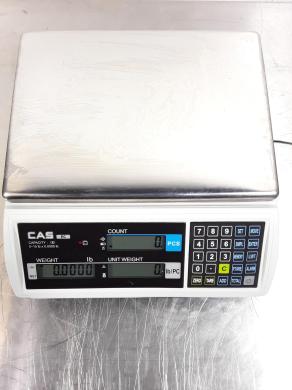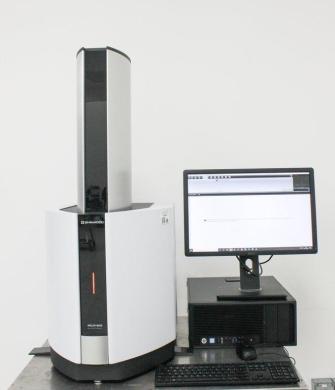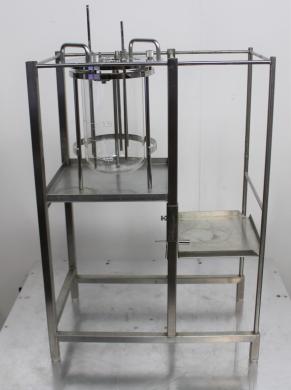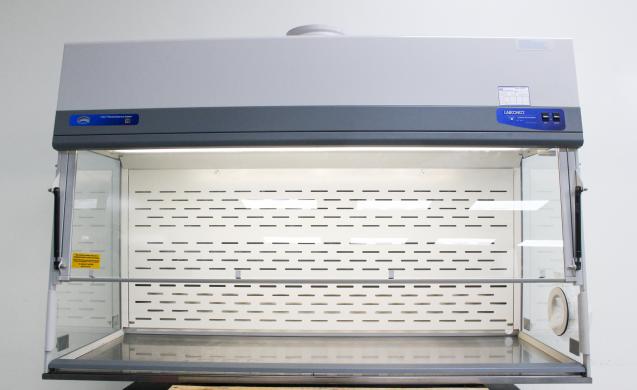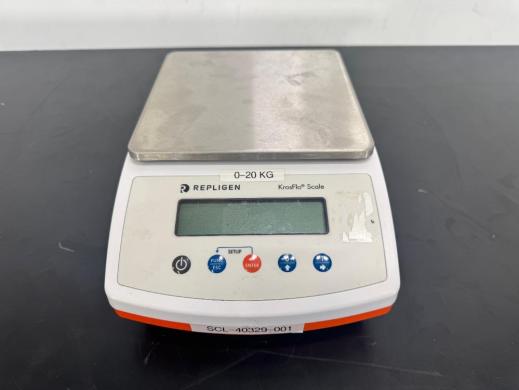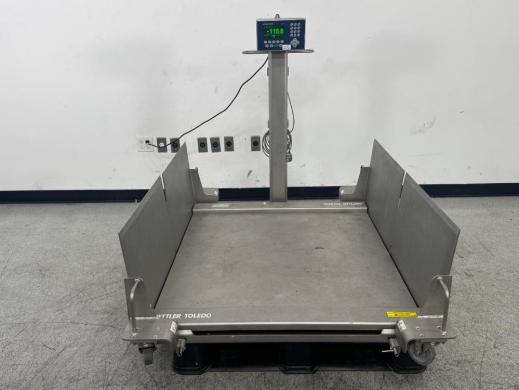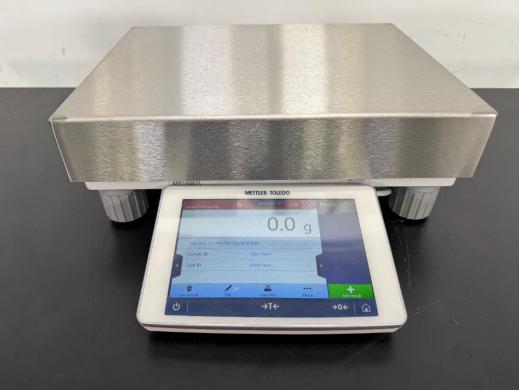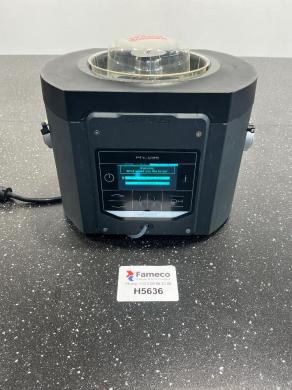Offering the best quotes for your research!
New and used scientific instruments
🚚 Shipping Worldwide 🌎
✉️ info@questpair.com
Do you have items to sell? Post them on QuestPair and reach thousands of potential buyers!
Post New ItemAnalytical instruments
Explore High-Precision Analytical Instruments at QuestPair. Discover our wide range of analytical instruments, designed to deliver accurate and reliable measurements for your laboratory needs. From spectroscopy to chromatography, our instruments are essential for achieving precise analysis in research, quality control, and beyond.
Didn't find what you're looking for?
Our sales team specializes in sourcing custom and hard-to-find products to meet your exact specifications.
Extensive supplier network
Quality guaranteed
Dedicated support
Didn't find what you're looking for?
Our sales team specializes in sourcing custom and hard-to-find products to meet your exact specifications.
Extensive supplier network
Quality guaranteed
Dedicated support
Didn't find what you're looking for?
Our sales team specializes in sourcing custom and hard-to-find products to meet your exact specifications.
Extensive supplier network
Quality guaranteed
Dedicated support
QuestPair Analytical Instruments: Your Partner in Precision
In today's fast-paced scientific landscape, the accuracy of your data is non-negotiable. QuestPair’s analytical instruments are designed to meet the exacting standards of modern laboratories, providing the reliability and precision needed to drive your research forward. Whether your focus is on chemical analysis, materials testing, or environmental monitoring, our instruments are engineered to deliver clear, consistent results every time.
Our Analytical Instruments: Key Features
Each instrument in our collection is equipped with features that ensure top-tier performance:
- Precision Engineering: Every instrument is fine-tuned to deliver measurements with the highest degree of accuracy, essential for complex analyses.
- Robust Design: Built to last, our instruments can handle the demands of intensive laboratory use, providing you with reliable data over the long term.
- Versatility: From spectroscopy to chromatography, our range covers multiple analytical techniques, making them adaptable to various scientific disciplines.
- Ease of Use: User-centric interfaces and straightforward operation make our instruments accessible, even for complex procedures, enhancing lab efficiency.
Applications Across Multiple Disciplines
QuestPair’s analytical instruments are indispensable tools across various fields:
- Chemical Analysis: Achieve accurate quantitative and qualitative analysis with instruments designed for high sensitivity and specificity.
- Materials Testing: Our instruments support the testing and characterization of materials, ensuring they meet required standards and specifications.
- Environmental Monitoring: Reliable measurements for environmental assessments, including air, water, and soil analysis, are made possible with our advanced tools.
Why Choose QuestPair?
QuestPair is committed to providing you with analytical instruments that not only meet but exceed industry standards. Our products are backed by expert support, ensuring you have access to the guidance and information you need to make the most of your investment.
Consult with Our Experts for personalized advice on selecting the right analytical instruments for your laboratory. Contact us today to enhance your lab’s analytical capabilities with the precision and reliability that QuestPair is known for.
Customer Service
Here to help you with: Product Inquiries, Shipping & Support, Technical Support, Business Inquiries and Press.
We are available to assist you Mon-Fri, 10am - 5pm CET.
